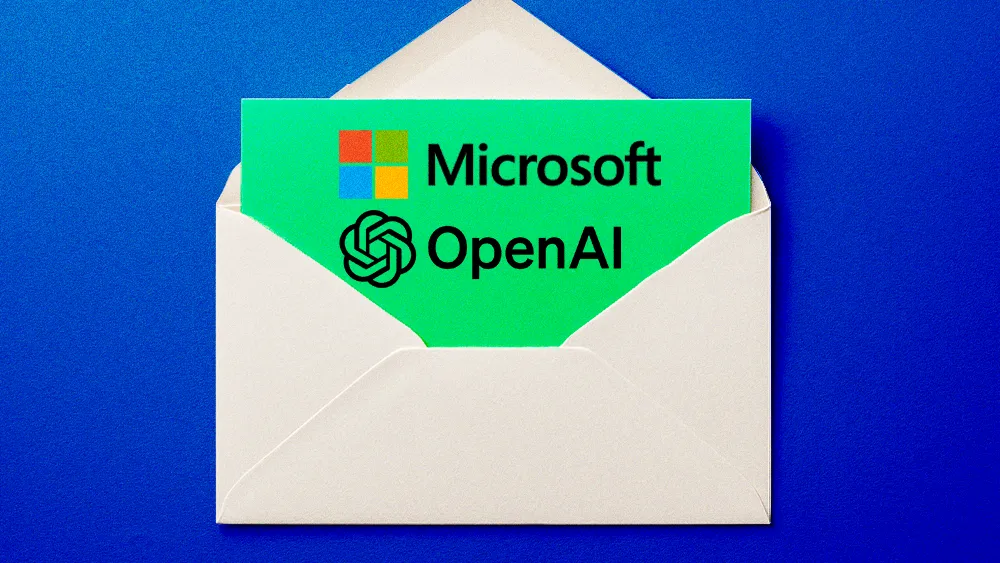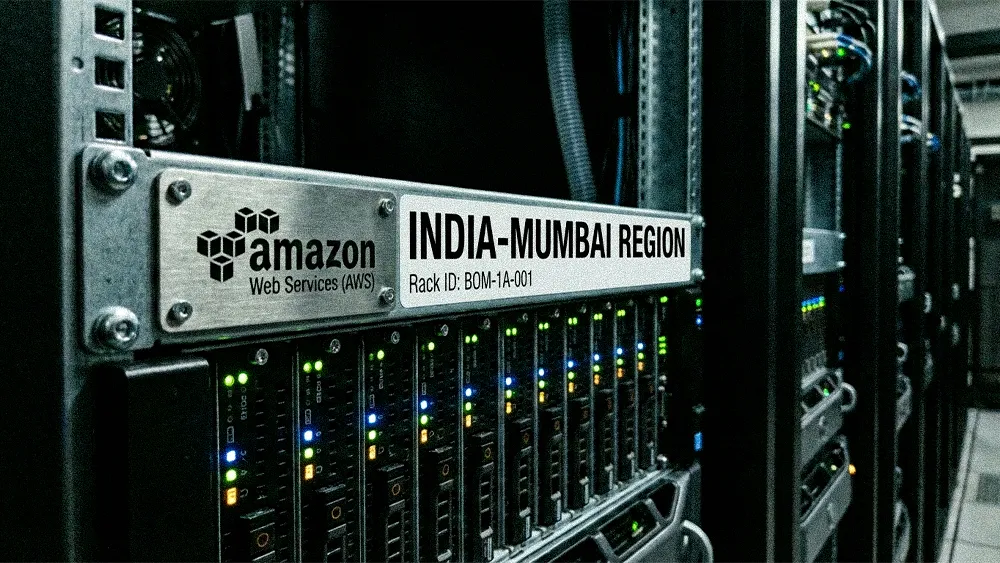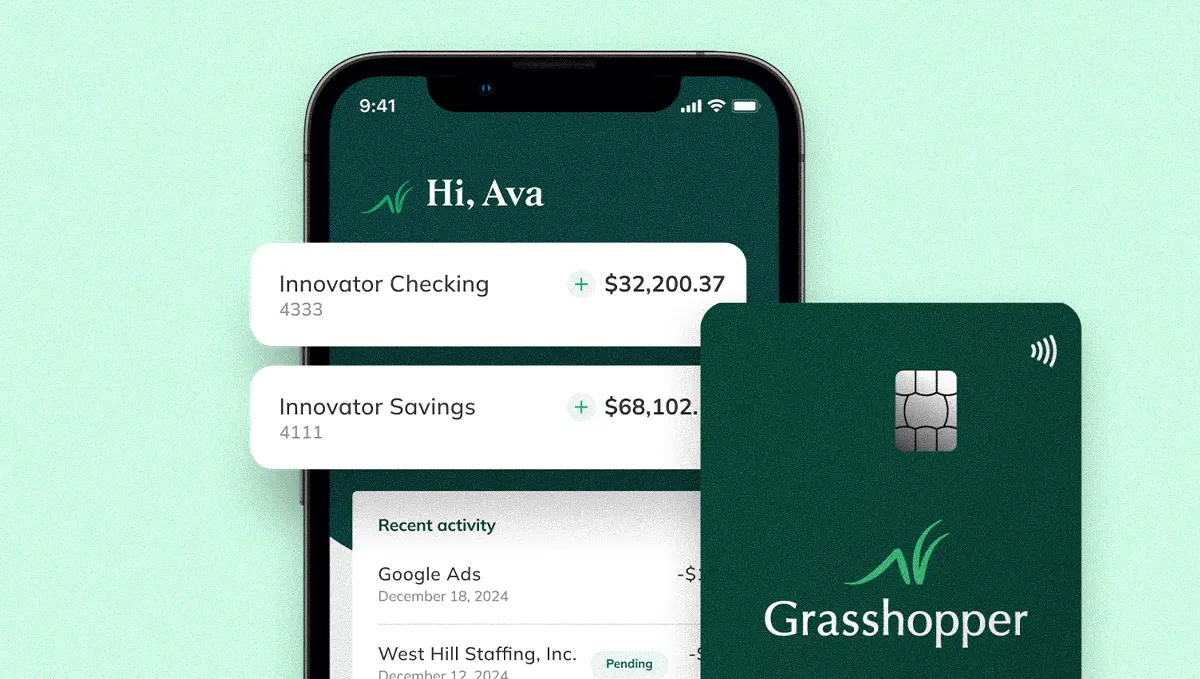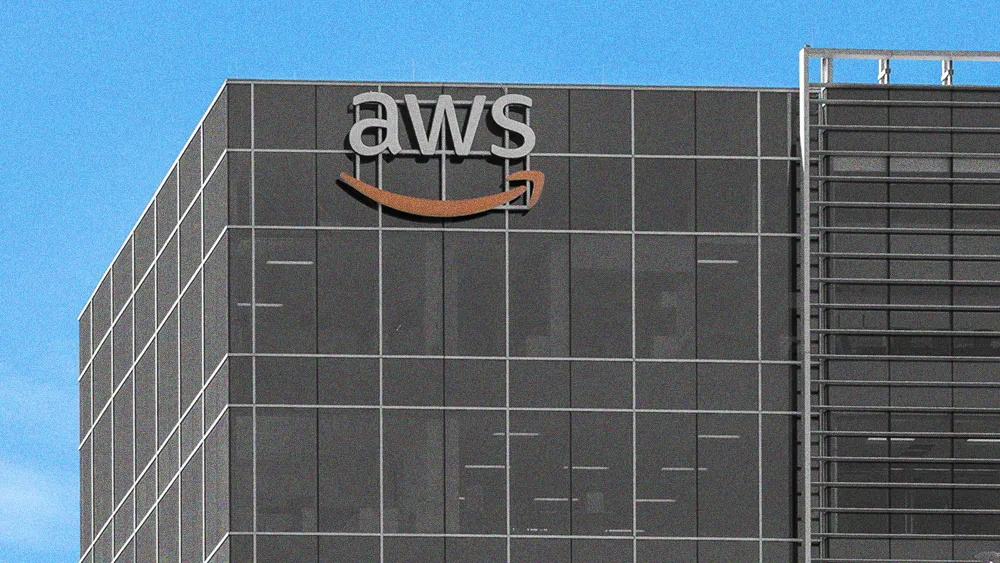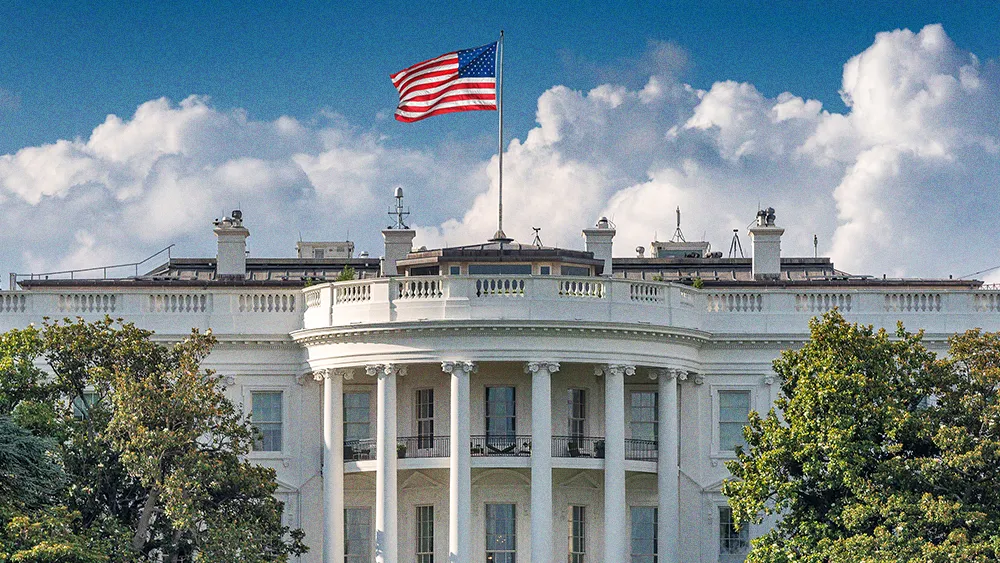Microsoft and OpenAI have reached a tentative agreement to overhaul their partnership, clearing the way for the AI firm to become a for-profit entity and, as first reported by The Information, keep tens of billions more in revenue.
The nonprofit's big payday: Under the new structure, OpenAI’s original nonprofit parent will gain an equity stake of over $100 billion in the new public benefit corporation. OpenAI Chairman Bret Taylor stated the move helps raise the capital needed for its mission of ensuring AGI benefits all of humanity.
A bigger piece of the pie: The new pact significantly rewrites the financial terms. While Microsoft was previously entitled to 20% of OpenAI’s revenue, that share is now projected to drop to just 8% by 2030. The change could let OpenAI keep an extra $50 billion to fund its massive compute costs.
The ticking clock: One major point is still being negotiated: the "AGI clause." The original contract ends Microsoft’s exclusive access to OpenAI's tech once AGI is achieved—a ticking clock Microsoft has reportedly pushed to defuse. The Information also reported that Microsoft will own about one-third of the new company but won’t get a board seat.
The agreement marks a detente, allowing OpenAI to secure its financial future while giving Microsoft continued access to its tech—for now. It redefines their alliance into one with clearer boundaries, setting the stage for a future where both companies operate more independently.


